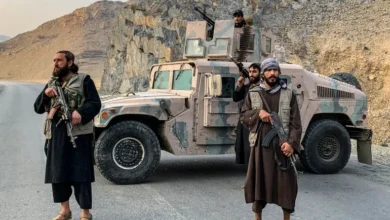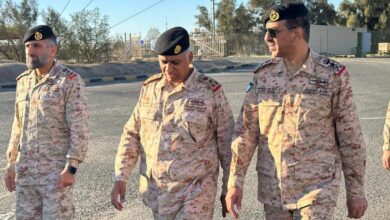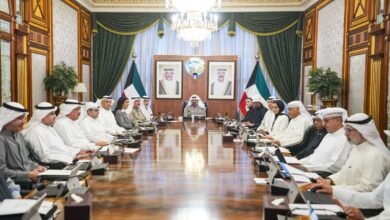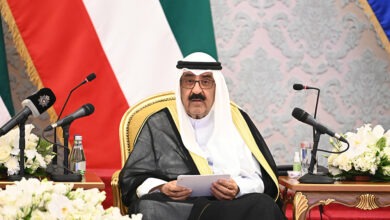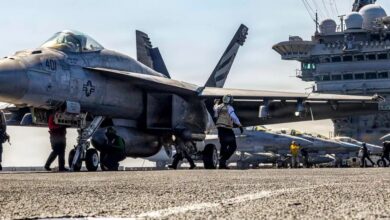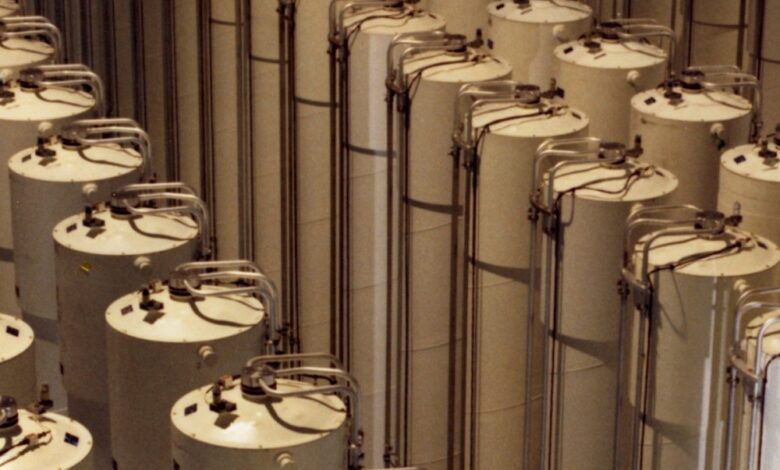
Despite earlier intelligence assessments suggesting that Iran would need several months to resume uranium enrichment after US and Israeli strikes targeted its key nuclear sites during the 12-day war last month, a senior source in Iran’s Supreme National Security Council said Tehran has already ordered the Atomic Energy Organization of Iran (AEOI) to resume enrichment activities at maximum capacity in facilities not hit during the attacks.
According to sources, major nuclear facilities such as Fordow, Natanz, and Isfahan suffered substantial damage from Operation Midnight Hammer, a coordinated US-led military campaign.
However, Iranian technicians have recently regained access to fortified underground halls housing advanced centrifuges. While many first-generation centrifuges at Natanz were knocked offline due to a power outage, around 2,000 units only required maintenance. More critically, Iran found that a significant number of newer-generation centrifuges remained operational.
Iran has since installed advanced centrifuges in other facilities not affected by the strikes and resumed enrichment to levels of 60 percent and higher — just below the 90–95 percent threshold needed for weapons-grade uranium.
The source stressed that this remains consistent with Supreme Leader Ali Khamenei’s fatwa, which bans the production, possession, and use of nuclear weapons. He added that Iran possesses large domestic reserves of raw uranium, making it self-sufficient and theoretically capable of rapid, high-volume enrichment.
On the diplomatic front, the source confirmed that indirect US-Iran negotiations have collapsed. Tehran now considers all understandings reached during five rounds of talks in Oman between US envoy Steve Witkoff and Iranian Foreign Minister Abbas Araqchi to be null and void.
In particular, Iran has withdrawn its agreement to the idea of a regional uranium enrichment consortium and now rejects any future presence of American inspectors, both of which it had previously accepted.
Furthermore, the source stated that Iran will not allow the return of International Atomic Energy Agency (IAEA) inspectors unless it receives guarantees against future Israeli or American strikes. Tehran has also warned European nations that it will withdraw from the Nuclear Non-Proliferation Treaty (NPT) and its related protocols if they move to activate the “snapback mechanism”, which could trigger the reimposition of United Nations sanctions.
This escalation marks a serious deterioration in regional nuclear diplomacy, as Tehran moves aggressively to assert its technological capabilities while abandoning prior diplomatic commitments in response to military action. The developments significantly complicate any path back to international agreements aimed at curbing Iran’s nuclear ambitions.








